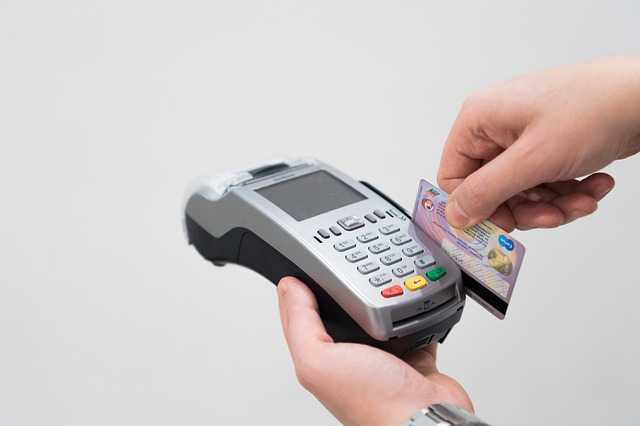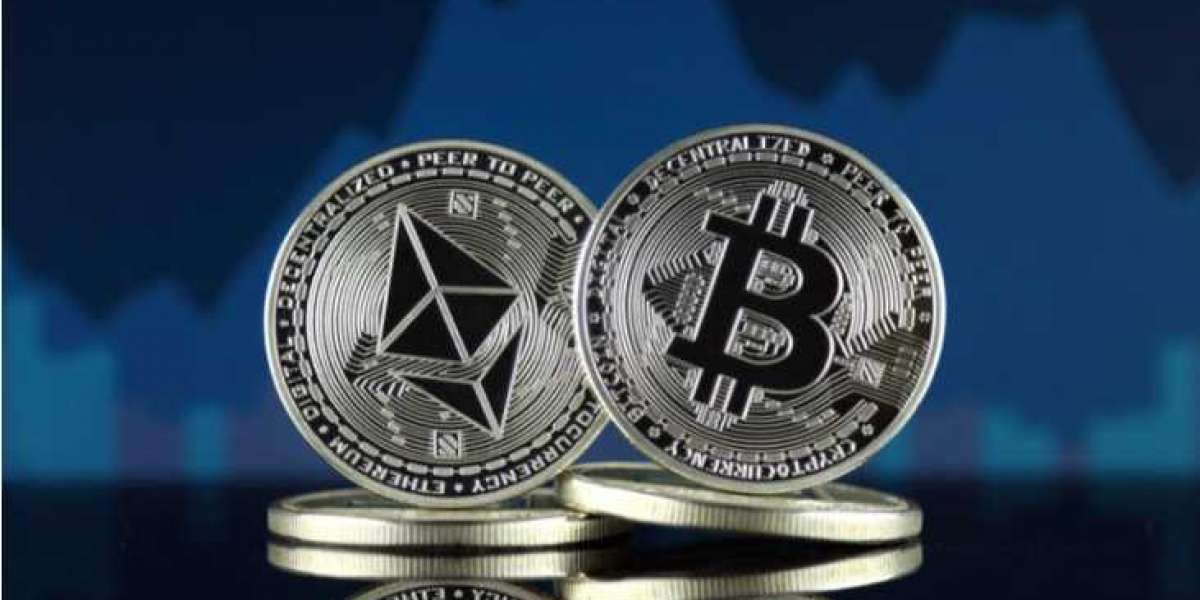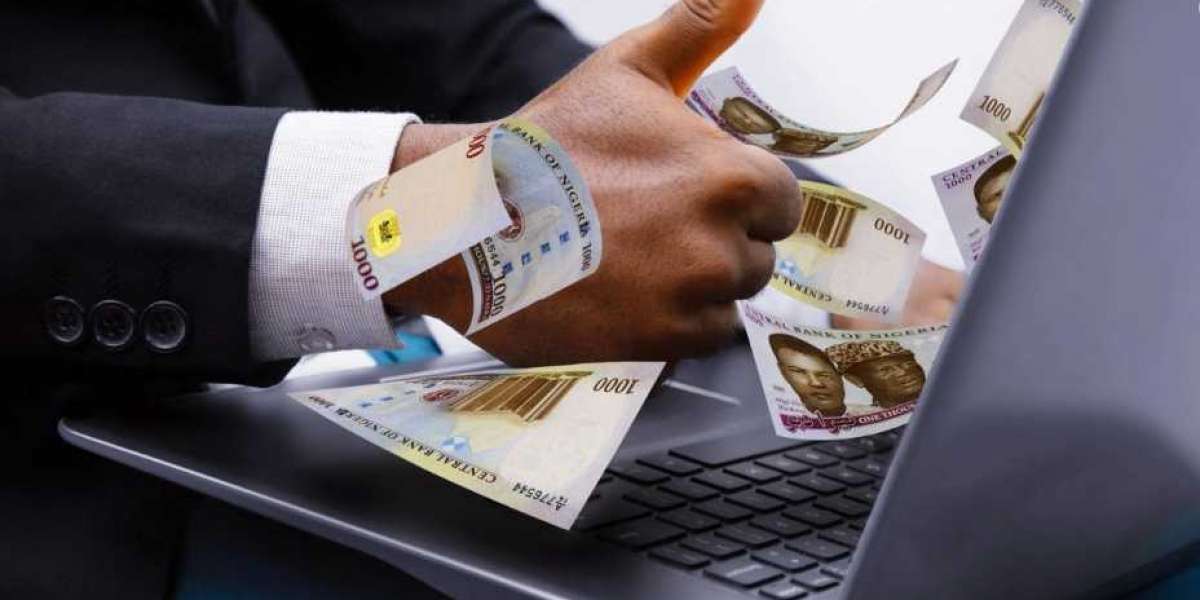For everyone, credit card fraud is a nightmare. The Federal Trade Commission (FTC) reports that the credit card scam was the most common scam in 2020. About $149 million was stolen by the con artists.
While it's important to know what to do if your credit card has been stolen, using your credit card safely from the moment you get it can help you avoid credit card scams.
MORE ARTICLES
5 Currency Investment Strategies
Investing in cryptocurrencies is less dangerous than you would imagine.
IS IT GOOD TO TRADE FOREX AND FUTURES OR STOCK?
How may credit card scams be avoided?
Scammers use a variety of tactics to trick you or steal your personal information. Frauds typically rise during times of emergency, as the covid-19 pandemic. Criminals aim to exploit us whenever we are most defenseless.
Understanding common warning signs can aid in decision-making and prevent credit card fraud. Let's examine some simple methods to prevent becoming a victim of fraud:
always use safe websites
If the site is secure, a padlock will show up on the left side of the URL bar. The URL will also start with HTTPS. Any website with the HTTP protocol is not secure. Don't enter your credit card information on a website that isn't secure. Additionally, you should not do business with a corporation that does not protect the data of its customers.
Phishing
Scams can be sent via text, email, or phone. The objective is to obtain your banking information. Scammers may call and identify themselves as representatives of a respected company, like a bank or indeed the Social Security Administration.
Technology-wise, frauds today are quite complex. For instance, you might assume an email to be legitimate if it has the logo of your bank on it. However, if an email requests your credit card account number in response, you may determine it is phony.
The government or a financial institution will never request important information from you in this way. You can determine whether something is a scam if the communication has errors.

Skimming
Credit card thieves frequently employ skimmer devices to steal your credit card information. Hackers attempt to conceal these devices on gas pumps and ATMs so they may "skim" data from the chip card on the back of your credit card.
When you buy gas or get cash from an ATM, look for signs of tampering. If you're unsure, pay for your gas inside the store. Search for another ATM that is connected to your bank if an ATM seems that has been tampered with. Use your EMV chip credit card, but not at an ATM, if at all feasible.
No sharing of private information
If you don't think this has to be said, spend a few hours on every social networking site. Additionally, if you have older kids who utilize the internet, have a thoughtful conversation about it. Thieves look through social media for whatever information they can piece together about your lifestyle and finances.
Don't save the details of your credit card online.
Naturally, obeying this rule is harsh. This entire process takes time because you have to pause, find your credit card, and enter the account number. However, even well-known retailers might have a data breach, therefore it is not a good idea to store personal account information online. However, it's a great way to lower your chance of fraud if you can enter in your credit account information each time.
Avoid utilizing public WiFi
Your credit card information or bank account information could be stolen if you use a public Wi-Fi network, which typically have insecure connections. Additionally, con artists may be lurking in public areas, waiting to pounce on an unaware victim and steal their information. So don't make any financial decisions until you're connected to a secure network.
Make protecting your credit cards a habit.
You can take precautions to avoid bank card theft and yet become a victim. However, your risk will have been greatly reduced if you take all reasonable precautions to avoid it. To prevent credit card theft, first, check your online financial accounts several times every week. Investigate any proof of questionable transactions and file a report soon away. If you discover fraud early, you'll go a fair distance toward minimizing the financial and emotional harm.
Summary
Scams using credit cards are rather widespread these days. We must therefore safeguard ourselves to avoid falling for these frauds. Safety precautions like avoiding using public Wi-Fi for payments, turning off auto-saving, not sharing sensitive information on social media, etc., can be quite helpful. The impact of the fraud can be lessened by doing these steps, but they will not completely protect you.




Mimi 5 w
Okay